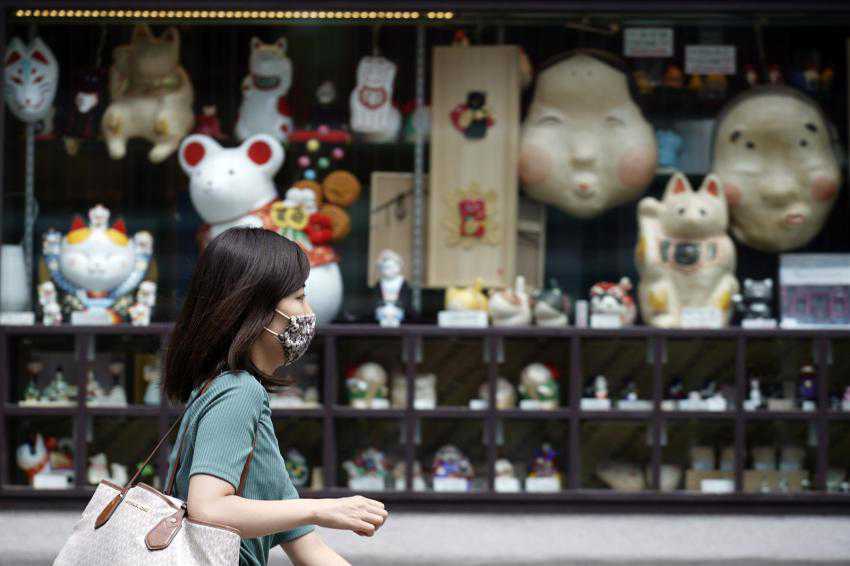Women bear brunt of recession as pandemic unravels Abe's 'Womenomics'
15 June, 2020

Japanese Primary Minister Shinzo Abe has very long made creating jobs for women central to his monetary policy, but now women are suffering a greater share of the pain as the country heads because of its worst economic slump since World War Two.
Helped by an employee shortage, woman labour participation struck a decade-high greater than 70% beneath Abe's campaign, quite often dubbed "Womenomics". The capture: many women lack the work security of male personnel, with more than half holding vulnerable part-time, contract or non permanent jobs.
The quantity of such "non-regular" staff posted its biggest drop on record in April, declining by 970,000 to 2.02 million. Ladies accounted for 710,000 of the decline.
That makes women staff "the shock absorber" of the world's third-largest market, said Mari Miura, a Sophia University political science professor. Only about one in five male employees hold non-regular jobs.
Temp employee Miyuki was told found in April she would lose her task on a farm-equipment assembly line towards the end of the next month, as a result she quit to have another present. But that task disappeared also as the coronavirus outbreak ravaged the market.
She's since found work packing goods for a drug company-for half the pay and simply through July. Today she's waiting on a 100,000 yen stimulus payment from the government and provides gotten gone her car to chop expenses.
"I want a job," said Miyuki, 53, who, like other staff interviewed, declined to give her last brand out of privacy issues. "Regardless of how much the federal government says it'll provide economical support, we have no idea how extended the coronavirus can last."
She said wanted more stable career, but added, "at my age, it might be tough."
Single mothers, various below the poverty line, are hit hard.
Asami, 32, a single mother found in central Japan, lost her work doing piecework for a plastics company in April after requesting time off to look after her sons, aged 4 and 1.
"It was a major shock economically," explained Asami, who has but to receive a credit card applicatoin form for the federal government payment.
"I can't help but hope support was speedier and bigger," Asami said. She has since found a job with an employer who promises to become more flexible about childcare.
An extra government spending budget to be passed soon contains added one-period subsidies for single mothers, however the plight of additional women workers has received less attention.
"Women are seen as attempting to supplement the profit of male bread-winners, as a result regardless if they lose their jobs, men are viewed as their safety net," explained Mieko Takenobu, professor emeritus at Wako University in Tokyo. "The truth is different."
Government support funnelled through firms to protect jobs and income during the slump often does not reach women in unstable posts, specialists say.
"There's a huge gap between standard and non-regular employees those who could work at home and get paid regardless if efficiency drops versus those that get no wage if they don't do the job," said Chieko Akaishi, the top of the non-profit Single Mothers Forum.
Abe has ended a nationwide condition of emergency, but worries persist and an economical recovery will need time.
"There will be lots more layoffs," said Naoko Mogi, founder of a good Facebook group for sole women with non-permanent careers.($1 = 106.9100 yen)
Source: japantoday.com
